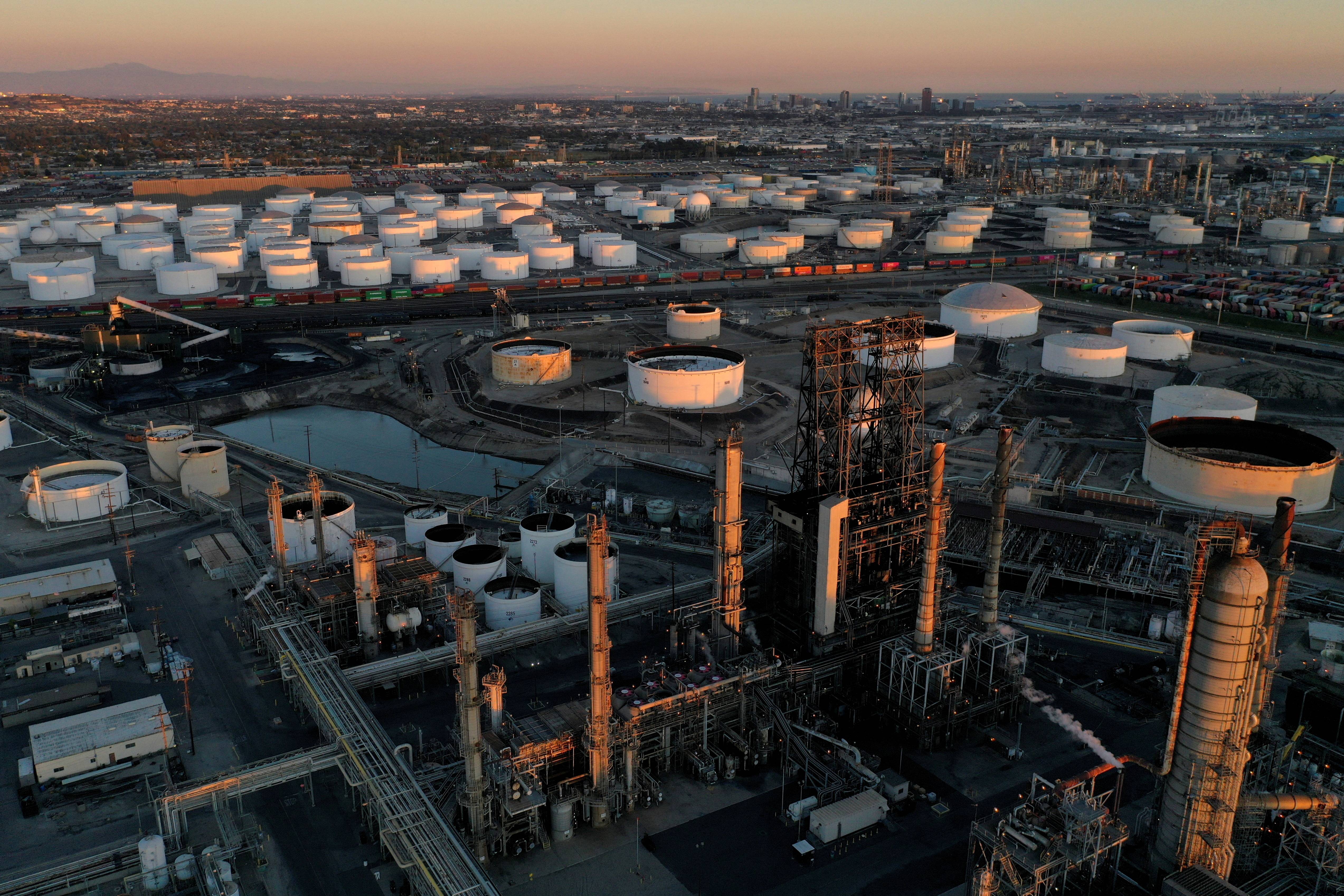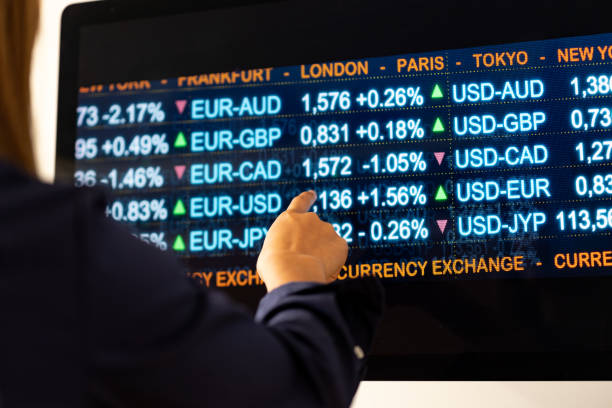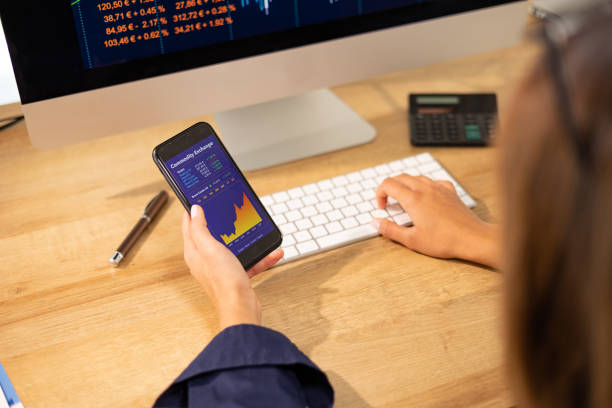Adding U.S. WTI crude to Brent benchmark has gone well, ICE says

A view of the Phillips 66 Company's Los Angeles Refinery (foreground), which processes domestic & imported crude oil into gasoline, aviation and diesel fuels, and storage tanks for refined petroleum products at the Kinder Morgan Carson Terminal (background), at sunset in Carson, California, U.S., March 11, 2022. Picture taken... Acquire Licensing Rights
LONDON, Nov 7 (Reuters) - The addition of U.S. WTI Midland crude into the global dated Brent oil benchmark has gone smoothly, the head of research at the Intercontinental Exchange (ICE), home of the Brent crude futures contract, said on Tuesday.
Oil-index publisher S&P Global Commodity Insights, widely known as Platts, added the U.S. crude grade to the benchmark from June deliveries. The U.S. crude joins five North Sea crudes that help set the dated Brent price.
"It's been a smooth transition, a successful transition, and to a large degree pretty much as expected," Mike Wittner of ICE said, speaking at the Argus European Crude Conference in London on Tuesday.
Dated Brent is a part of the wider Brent complex that includes physical cargoes, swaps and the ICE Brent futures contract. Brent is used to price over three-quarters of the world's traded oil.
The price of dated Brent is set by the cheapest of the six crudes.
Wittner said that over the six months from May to October, WTI Midland had been the most competitively priced grade, therefore setting the benchmark, around 55% of the time, which was broadly in line with expectations prior to the grade's addition to the benchmark pricing mechanism.
WTI has added 1-1.5 million barrels per day (bpd) of oil supply into the pool of grades that make up the North Sea benchmark, helping bolster liquidity as supply of the North Sea crude is in decline.
Other speakers at the conference gave positive comments on the addition of WTI.
"Liquidity has been good, in fact it's been excellent," Kurt Chapman, director at Zenith Energy and a veteran crude trader who has written papers on Brent, said.
Adi Imsirovic, director at Surrey Clean Energy and another veteran trader and author on Brent, also said the changes were working well.
"Europe is a major importer of WTI - it's not a coincidence and it's not surprising that WTI is dominant in Brent, but the market is working fine," he said.
A senior official at CME Group, home of the WTI crude futures contract, said international participation in trading some instruments was growing.
As many as 72% of new entities trading the Argus WTI Houston differential to the NYMEX WTI futures contract are non-U.S. based, Amanda Townsely, senior director at CME Group said.
Open interest on that contract has risen 120% since the start of 2023 as hedging of U.S. Gulf coast cargo loadings increases, she added.
Reporting by Robert Harvey, Ahmad Ghaddar and Natalie Grover Editing by Alex Lawler and Mark Potter
Our Standards: The Thomson Reuters Trust Principles.
How do futures traders review their trading?
Futures trading is a form of financial speculation that involves buying and selling contracts that represent the future delivery of an asset, such as a commodity, a currency, an index, or a stock. Futures traders aim to profit from the price movements of the underlying asset, without actually owning
Futures night trading hours
Futures are contracts that obligate the buyer or seller to exchange an asset or commodity at a specified future date and price. They are used for hedging, speculation, and arbitrage purposes in the global market. Futures can be based on various underlying assets, such as currencies, commodities, ind
How can futures efficiently increase the success rate of intraday trading?
Intraday trading is a form of trading that involves buying and selling securities within the same trading day, without holding any positions overnight. Intraday traders aim to profit from the short-term price fluctuations of the market, using various tools and strategies to analyze and execute trade
What are the factors that can affect how much money can be made in futures?
Futures trading is a form of financial speculation that involves buying and selling contracts that represent the future delivery of an asset, such as a commodity, a currency, an index, or a stock. Futures traders aim to profit from the price movements of the underlying asset, without actually owning








